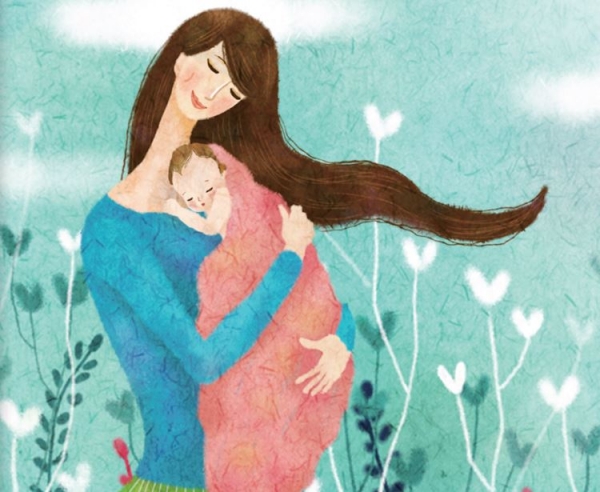
Korea has been following a birth registration system, which is a legal obligation to notify the relevant authorities of the birth of a newborn. Although there are penalties for late birth registration, if it is not done, there is no way for the government or local authorities to verify the birth. As a result, some unmarried, underage, or financially disadvantaged women give birth without registering their children.
As a weakness of this system, a recent horrifying incident occurred in Korea. A woman murdered two of her own infants and kept their bodies hidden in a freezer for several years. Such incidents have occurred frequently in the past, prompting the need for changes in the birth registration policy.
As a result, the Korean government has passed the 'Birth Notification System' to prevent children whose births are not confirmed from being at risk of homicide, abandonment, or abuse by allowing medical institutions to report birth information, ensuring public confirmation of a child's birth. Furthermore, a special bill regarding protective childbirth, the 'Protective Childbirth System,' has been proposed to enable childbirth without exposing the mother's identity. Opinions on this system are divided, and ongoing discussions are being held. Some argue that these policies consider the protection of the mother's privacy and the child's safety, while others express concerns that the lack of transparency in birth information could lead to social problems.
Pros on the Introduction of the Protective Childbirth System
The Protection Childbirth System allows mothers to give birth without disclosing their identity. Pregnant women who desire protection during childbirth can receive counseling through counseling agencies, and both the head of the counseling agency and medical institutions are obligated to take de-identification measures regarding the pregnant woman's identity and personal information obtained during the protection childbirth system. Korea is currently recording a low birth rate of less than one child per woman, with only 0.808 children per fertile woman. Babies born in such a low birth rate situation are truly precious beings to us and should be protected. Despite this, there are cases where parents who are unable or unwilling to raise a child abandon the baby without even registering their birth. According to the Korean National Police Agency, there have been 85 cases of infanticide and 1185 cases of child abandonment over the past decade (from 2013 to 2022). This indicates that over eight babies are killed and over 100 babies are abandoned each year during this period. In Korea, where a 'population cliff' era is anticipated due to the low birth rate, each baby is currently considered a crucial individual. Therefore, the "Protective Childbirth Policy" should be maintained to protect the babies born from the women who have socially acceptable reasons such as rape and sexual assault. Children who are not registered at birth may be unable to receive education at schools and may become ineligible for government benefits and services. The protective childbirth system seems to be a proper policy in that it helps such children to be legally registered and receive proper benefits from the government. Therefore, anonymity of the maternity should be protected when such mothers are not under the social and financial situations to raise their children. It would be the government's job to raise such children until the time when such mothers have self-determination.
Cons on the Protective Childbirth System
The revision of the birth registration system is welcomed as it aims to ensure that a child's basic rights are not determined by their parents, and the shift towards an automatic ‘Birth Notification System’ is appreciated. However, there are also many opinions suggesting that the proposed Protective Childbirth System, which is being promoted in connection with this, should not be implemented.
With the birth notification system in place, there is a clear benefit in guaranteeing the safety of women in crisis pregnancies (unmarried mothers, unregistered foreign immigrants, refugees, etc.) who might otherwise avoid medical institutions and give birth without proper care or abandon their children. However, no matter how involuntarily the baby is born and even if the person is not in a position to raise the child, the responsibility seems to lie with the individual because it is the outcome of their actions. Granting custody of newborn babies to the state without revealing the parents' identity leads to a situation where the infant grows up without a family, which is neither educationally nor psychologically desirable.
The child, with inherent rights as a human being, is immediately deprived of the right to know their parents and the right to be protected within a family. How cruel is that? Moreover, this system may encourage pregnant women to give up on parenting and create a generation of individuals with painful pasts, abandoned by their parents. By allowing parents to forgo personal responsibility and rely on the government to care for their children, this system could potentially reduce parents' interest and involvement in raising their children.
While there may be various reasons, the absence of parents and a family during a child's growth and development will undoubtedly have negative impacts on the child. The family is an incredibly important space for a child's upbringing and education. Instead of implementing the protective childbirth system, it seems more reasonable and acceptable for the government to expand support policies for women facing social difficulties to encourage them to give birth and provide adequate care for their children.

